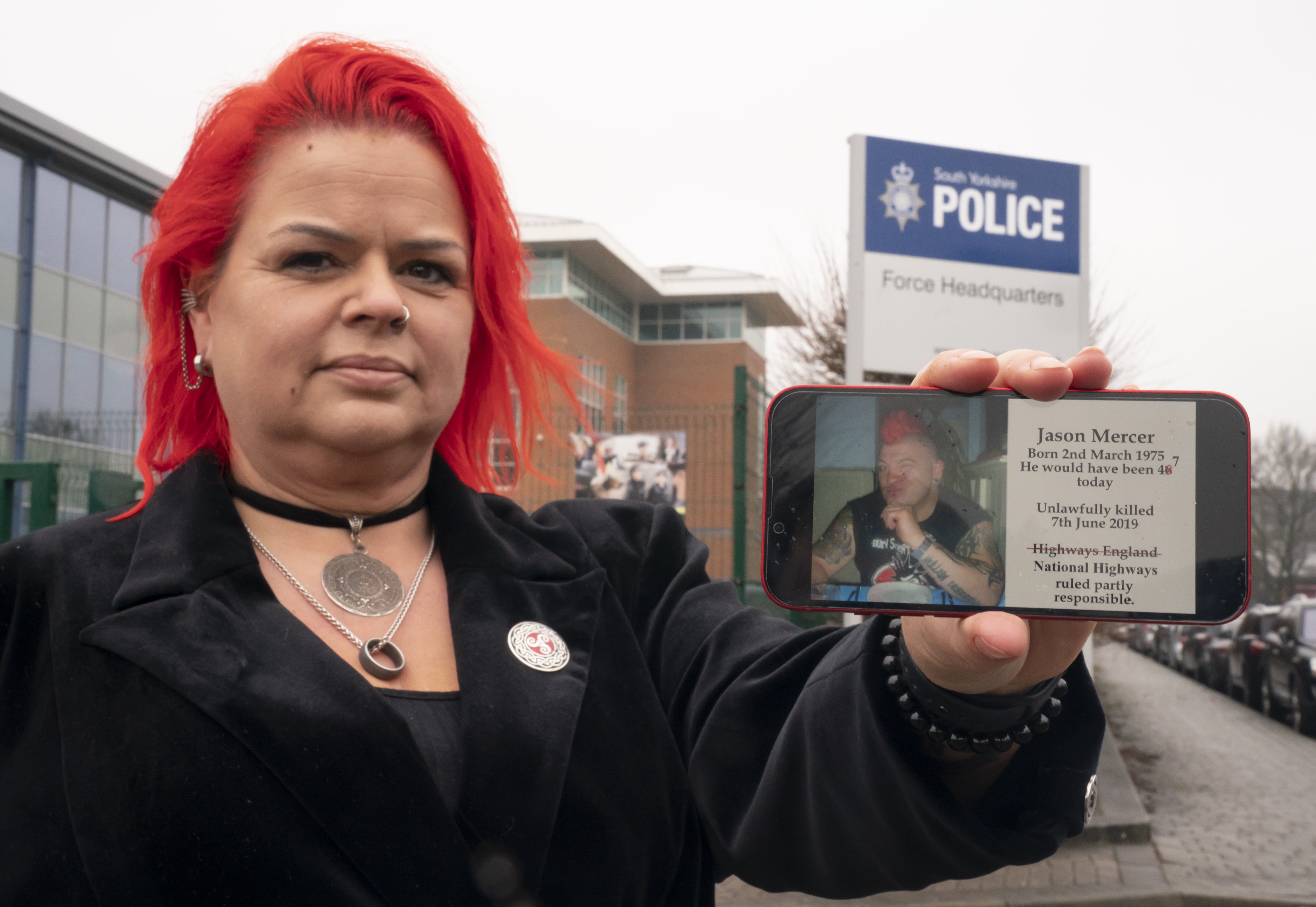Smart motorway ‘putting lives at risk’ after safety radars breaks down on one of UK’s busiest roads
Chunks of technology designed to spot broken down vehicles has gone down - meaning drivers could be left strandard in 70 mph traffic

Your support helps us to tell the story
From reproductive rights to climate change to Big Tech, The Independent is on the ground when the story is developing. Whether it's investigating the financials of Elon Musk's pro-Trump PAC or producing our latest documentary, 'The A Word', which shines a light on the American women fighting for reproductive rights, we know how important it is to parse out the facts from the messaging.
At such a critical moment in US history, we need reporters on the ground. Your donation allows us to keep sending journalists to speak to both sides of the story.
The Independent is trusted by Americans across the entire political spectrum. And unlike many other quality news outlets, we choose not to lock Americans out of our reporting and analysis with paywalls. We believe quality journalism should be available to everyone, paid for by those who can afford it.
Your support makes all the difference.Vital smart motorway technology has stopped working on one of the country’s busiest stretches of road barely a week after a grandmother died when her car broke down on another so-called smart highway.
Large parts of the radar system designed to flag a broken down or stationary vehicles stranded in live traffic on the M25 are said to be out of order.
Nine of the road’s 51 Stopped Vehicle Detection radars have not been working since Tuesday, reports suggest.
It means that there are effectively blind spots on the London Orbital where an emergency would go undetected.
Such a failure is especially dangerous on smart motorways because there is no hard shoulder for drivers to pull into, meaning motorists who find themselves in a halted vehicle must rely on the radars spotting them instantly and closing their lane to ensure they are not sat in the line of 70mph traffic.
The revelation that so many radars are out of action on the road comes 10 days after 68-year-old Pulvinder Dhillon, from London, was killed when the car she was a passenger in stalled on the M4 before being smashed into by a van.
The driver and another passenger were also badly injured in the tragic accident near Reading on 7 March.
The news of the technology going down on the M25 emerged in leaked emails between National Highways managers to staff.
“We are currently experiencing some faults with SVD radar heads on the M25 J23 [for A1(M)] to J27 [for M11] across a few sites,” the manager wrote in the note seen by theDaily Mail.
The revelation will add to the growing calls by campaigners and politicians to have the country’s smart motorways scrapped with the hard shoulder reinstalled.
“These motorways are not safe even [when] this technology is working but for the radars to be broken down like this, it is [a] complete dereliction of duty and it is putting so many lives at risk,” campaigner Claire Mercer told The Independent. “It is another catastrophe waiting to happen. How many people have to die on these roads before they are abolished? How many people have to die in fireballs?”
Mercer set up campaign group Smart Motorways Kill after she lost her own husband in an accident blamed on a smart motorway – the M1 in this case – in 2019. She has since campaigned to have them abolished, winning the support of the Labour Party which has previously pledged to reinstate every hard shoulder on “day one” of a Labour government.
Louise Haigh, the party’s shadow transport secretary, said: “It is horrifying that safety-critical technology is still not working and more lives are being put at risk. This botched roll-out has cost lives and lessons are still not being learnt.”
Duncan Smith, of National Highways, said: “The vast majority of SVD units, signs and signals and CCTV remain in operation and we have deployed extra traffic officer patrols. We are working to repair the faulty units as a priority.”

Join our commenting forum
Join thought-provoking conversations, follow other Independent readers and see their replies
0Comments